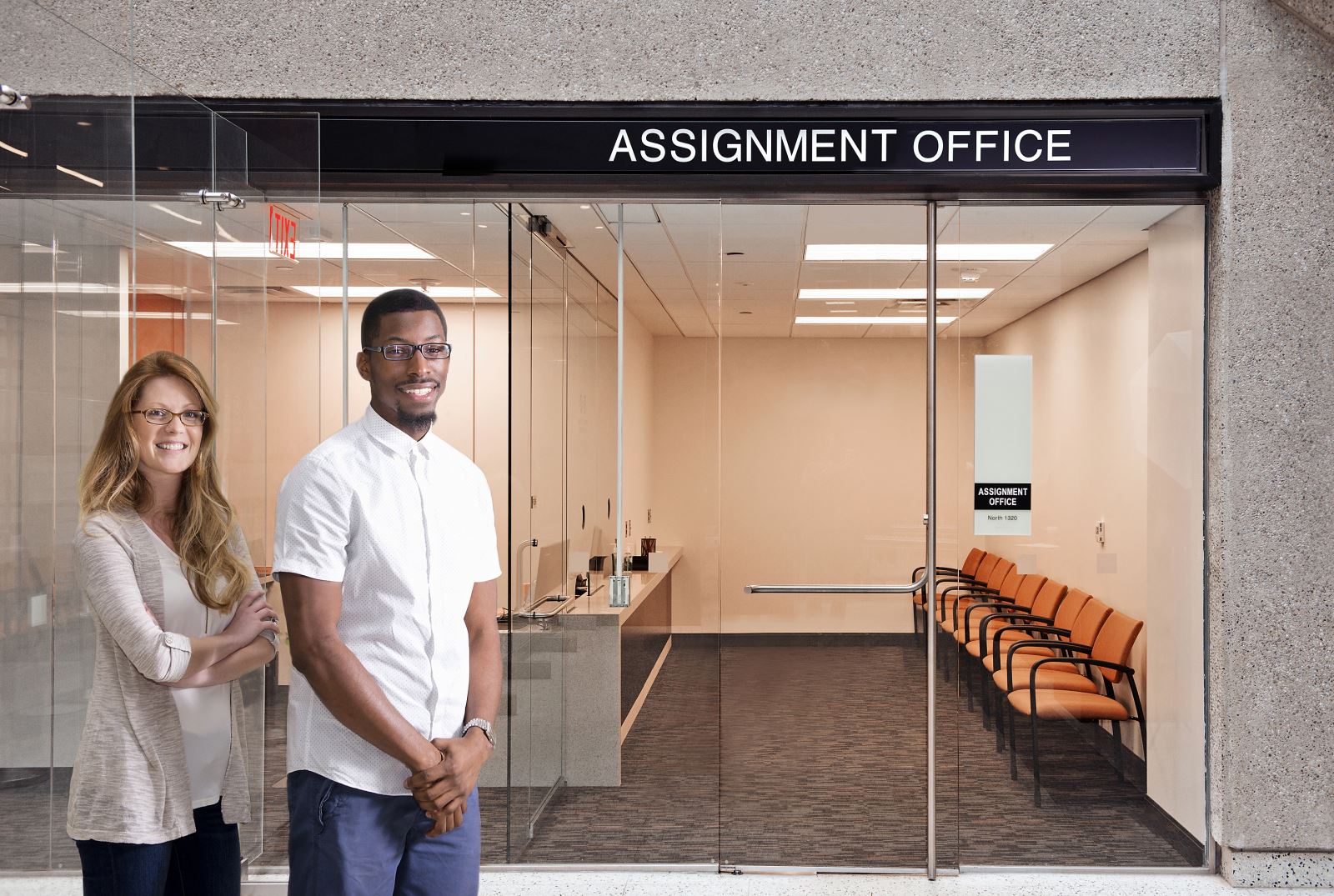Roles & Responsibilities
Handling each case properly and quickly is not only important to the parties involved in the case, but is crucial for the efficient operation at Montgomery County Circuit Court, which handled over 35,000 case filings and terminations in Fiscal Year 2017.
The Court’s Assignment Office plays one of the most critical functions of the court: scheduling hearings, trials, and special event dates for the Judges and Family Division Magistrates of the Court, maintaining the schedules, and ensuring that these events are scheduled according to the Court’s Differentiated Case management Plans.
If you have questions about a scheduled court event, you can find information about the case using the Maryland Judiciary's Online Case Search or by calling the Montgomery County Circuit Court Assignment Office at 240-777-9000.
When you call the Assignment Office, please have your Circuit Court case number and name of the case available. Please note that juvenile matters are confidential, and access to juvenile case information is limited. We will be happy to assist you.
